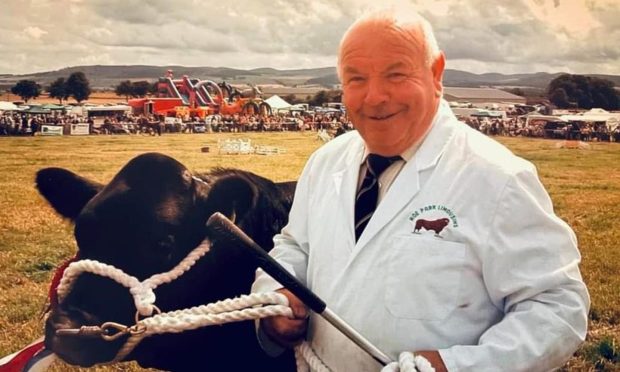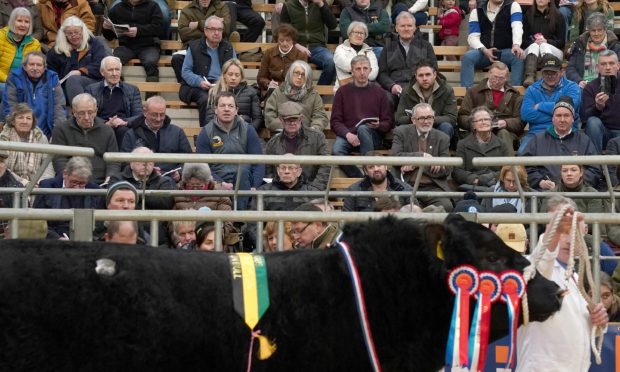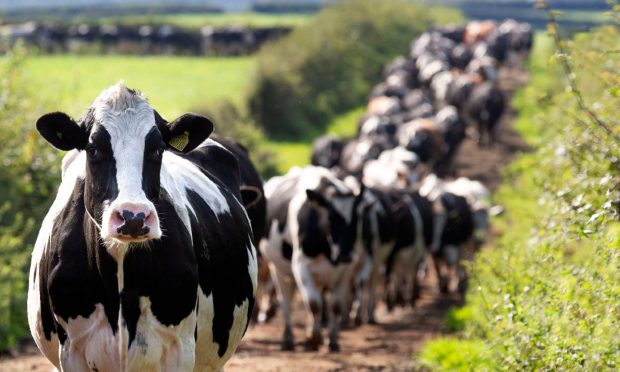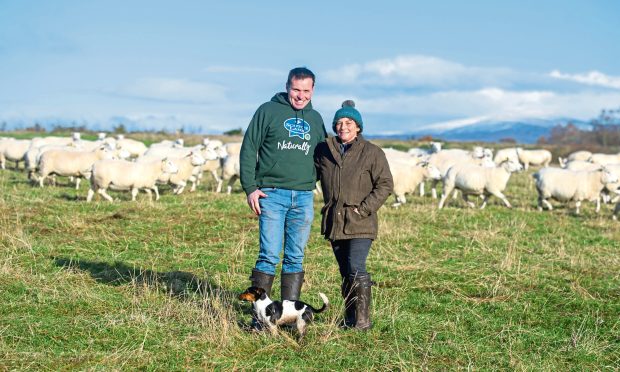Rule changes to make it easier to research and develop “gene edited” food crops such as sugar beet south of the border have been announced by the UK Government.
However the Scottish Government made it clear it remains firmly opposed to genetically modified organisms (GMOs), so the move will have no impact on the current policy here.
Gene editing makes changes to the traits within a species of plant or animal much more quickly and precisely than traditional selective breeding which has been used for centuries to create stronger, healthier crops and livestock.
The UK Government said gene editing of plants could help breed crops that are more nutritious or resistant to pests and diseases, reducing the need for chemical pesticides.
A spokesman for the Scottish Government said it was aware of Defra’s plans to change English regulations to enable the use of gene editing technologies.
He added: “The Scottish Government is committed to keeping aligned with the EU, and we are therefore closely monitoring the EU’s position on this issue.
“We will continue to engage with Defra, Wales, and Northern Ireland to ensure that devolved competences are respected in charting our future direction.”
Gene editing could see the development of crops such as sugar beet that are resistant to viruses that hit yields without the use of pesticides, or foods from which chemical compounds that are harmful to human health have been removed.
The rule changes will allow field trials of gene edited crops without having to go through a licensing process that takes a couple of months and costs researchers £5,000 to £10,000, although scientists will still have to inform Defra of their work.
The move is the first stage of an approach that could see gene edited foods sold on UK supermarket shelves in the future.
It comes despite 87% of individual responses to a Government consultation raising concerns that the risk of gene editing was greater than for traditional breeding and it should continue to be regulated as GMOs.
However responses by academic institutes and public bodies reflected a view there was no greater risk.
Officials and scientists draw a distinction between gene editing, which involves the manipulation of genes within a single species or genus, and GM, in which DNA from one species is introduced to a different one.
But following an EU ruling in 2018, it is regulated in the same stringent way as GM organisms, a situation which Environment Secretary George Eustice said could be changed now the UK has left the bloc.
“Gene editing has the ability to harness the genetic resources that nature has provided,” said Mr Eustice.
“We will be working closely with farming and environmental groups to ensure that the right rules are in place.”
Following the rule change on field trials, the next step planned is primary legislation to change the regulatory definitions of a genetically modified organism, to exclude gene edited crops or livestock that could have been created – more slowly – by traditional breeding methods.
That would allow commercial marketing of gene edited products without requiring GM regulation, although they would still be subject to other rules about selling foods.
The Government is also planning a broader review of GM regulation in the longer term.












